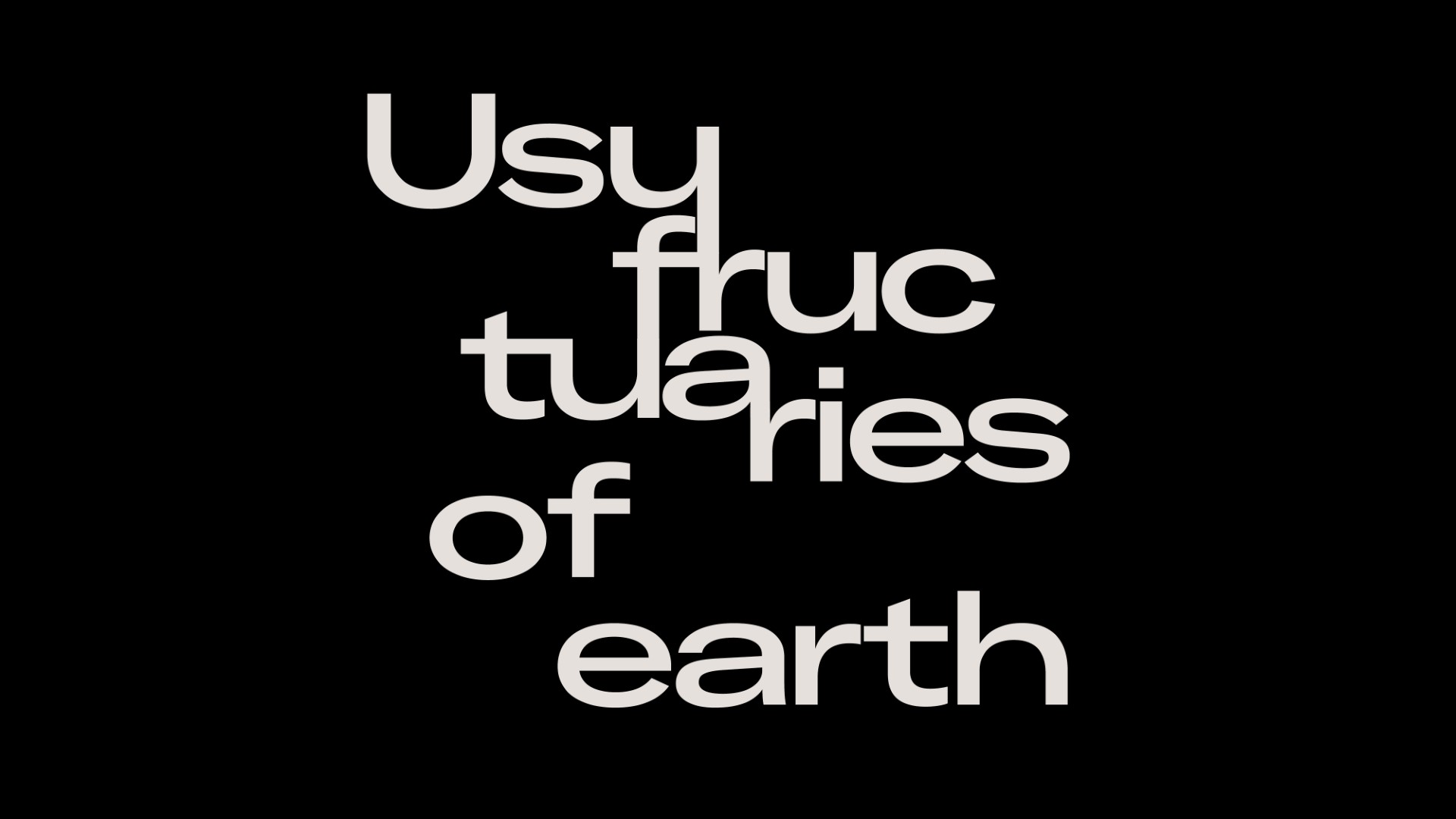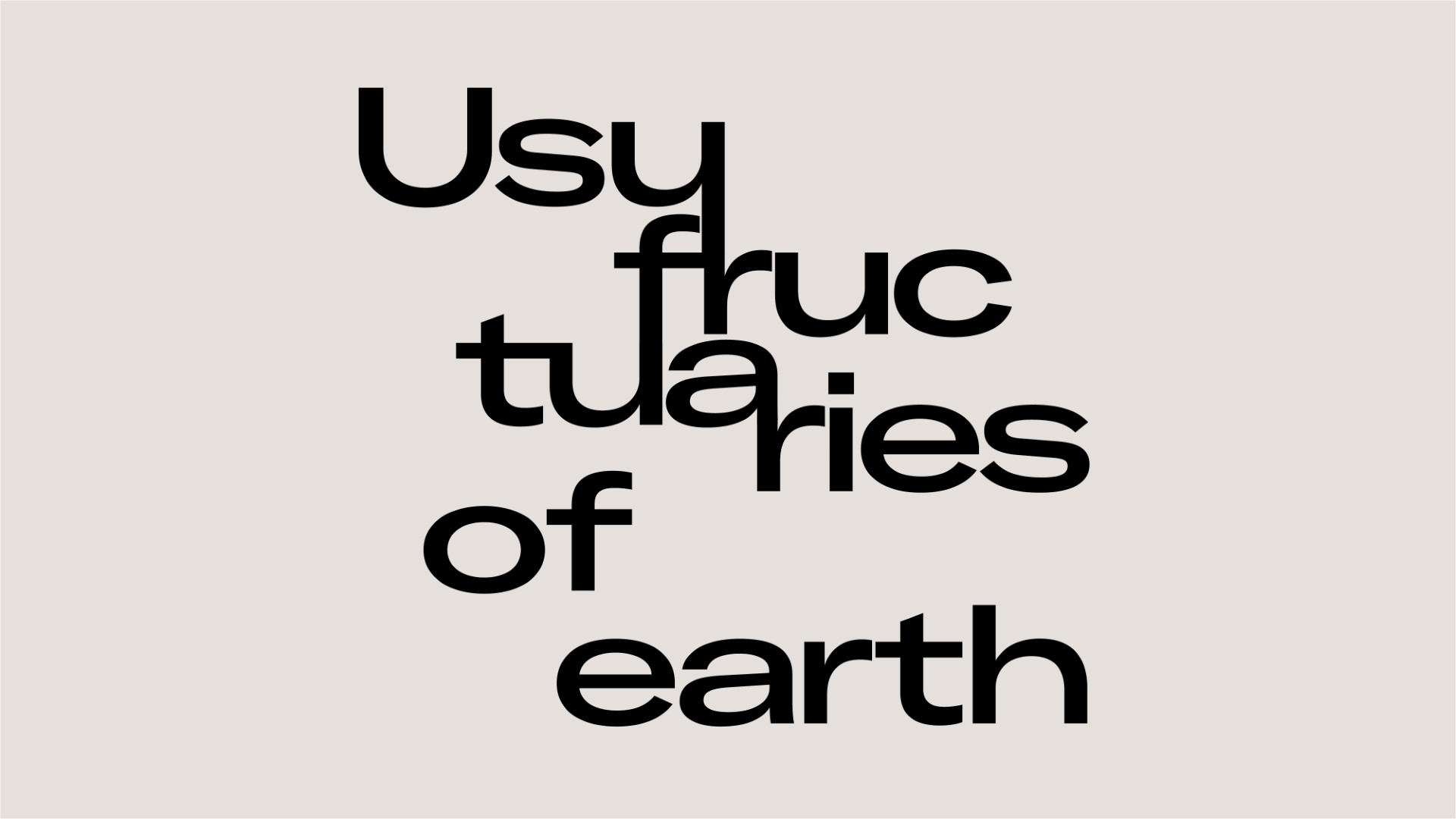On Mutation (post–Cold War and new order)
Worse than Cold War? The new paradigm of war is often discussed in comparison to the Cold War, which came to an end over a decade ago. This link is not only due to the proximity of the post-Cold War era. For philosopher Jacques Derrida, the Cold War was the initial stage of what he calls “autoimmunity”—the present crisis of which 9/11 is the symptom—a mechanism of destroying one’s own protection. Apropos Derrida, the production of massive destructive power and military intelligence that now threaten the world have been disseminated and disciplined by the major powers, particularly as the United States has emerged from the Cold War and pursued global sovereignty. Marxist philosopher Antonio Negri also points out that the Cold War introduced novel elements of war, including the superpower nations’ attempts to maintain a permanent status-quo of global order in the name of “just war.” Instead of outright destruction, this type of war aims to “contaminate” society. The current global state of war is a mutation of the Cold War situation, strongly organizing social life and exerting its influence through “biopower.” Taking the Cold War as a comparative parameter to measure how war has been altered in recent history, and how it has consequently infiltrated social structures and the individual, Moscow-based art critic and curator Viktor Misiano, Korean artists-collective YOUNG-HAE CHANG HEAVY INDUSTRIES, and American artist Sean Snyder respond to these new conditions, and through lectures and discussions, consider how artistic practices can respond to and resist these developments.



